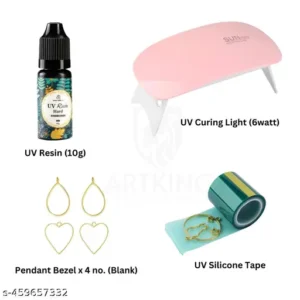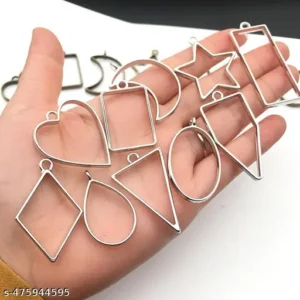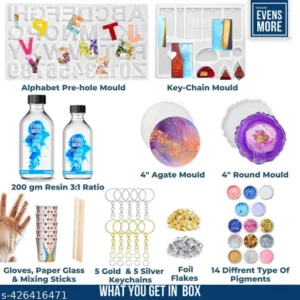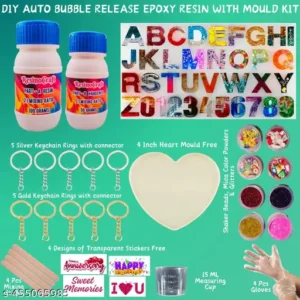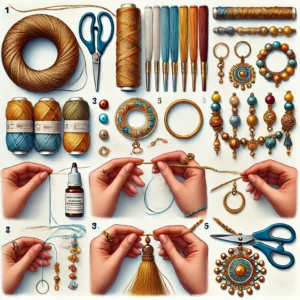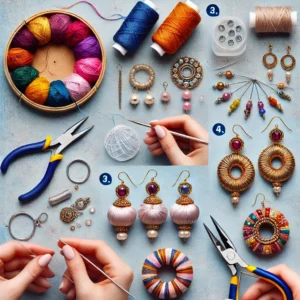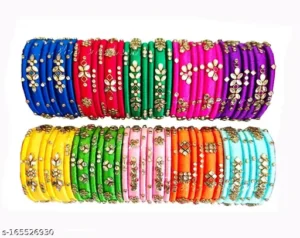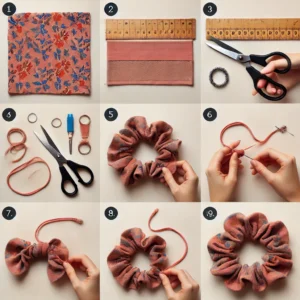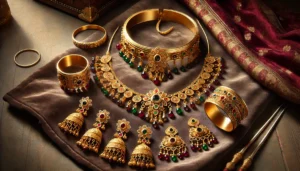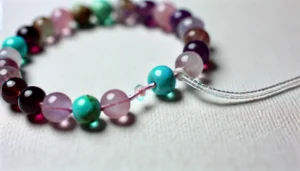Explore how jewelry design courses and workshops are transforming aspiring artisans into skilled creators, fueling the handmade jewelry movement.
Jewelry design courses and workshops are becoming increasingly popular as more individuals seek to explore their creativity and break into the world of handcrafted accessories. These programs provide invaluable opportunities for aspiring artisans to learn essential skills, from the basics of wire wrapping to advanced techniques in metalwork, stone setting, and beading. As the demand for unique, handmade jewelry continues to rise, these educational platforms are playing a crucial role in shaping the next generation of talented jewelry designers. Offering both online and in-person formats, jewelry design courses and workshops are democratizing the craft, making it accessible to a diverse range of people who wish to express themselves through art.
The Growing Interest in Jewelry Design Education
The interest in jewelry design education has grown significantly in recent years, driven by the DIY movement, a renewed appreciation for handmade goods, and the rise of platforms that enable individuals to turn their craft into a viable business. Whether it’s a weekend workshop at a local studio or a comprehensive online course, these programs cater to various skill levels and provide hands-on training that empowers students to bring their creative visions to life.
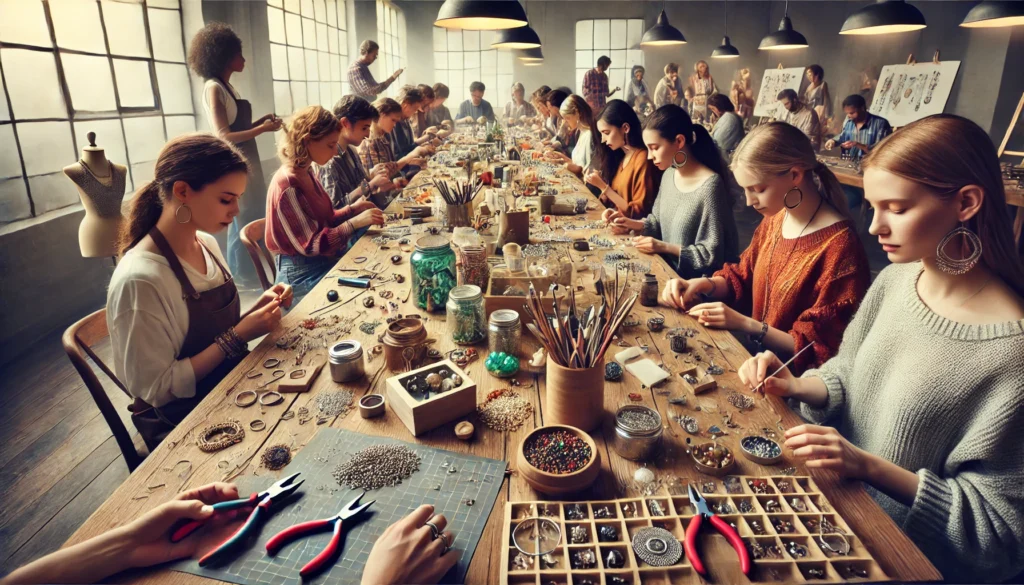
Jewelry educator and course instructor Laura Kim noted that “people are looking for more than just a hobby; they want to create something meaningful and potentially turn it into a career. Jewelry design courses offer a pathway to achieve that.” The hands-on approach of these workshops, combined with expert guidance, allows participants to gain a deep understanding of materials, tools, and techniques.
What Jewelry Design Courses Offer
Jewelry design courses and workshops typically cover a wide range of topics, from the foundational principles of design to specialized techniques like soldering, engraving, enameling, and metal forging. Beginners are introduced to essential skills such as bead stringing, wire wrapping, and basic metalwork, while more advanced students can learn stone setting, wax carving, and advanced metal manipulation.
In addition to technical skills, many courses also focus on design theory, color combinations, and trend analysis to help students develop a unique style and identity. This holistic approach ensures that graduates are not only skilled in craftsmanship but also prepared to enter the competitive market of handmade jewelry. Course facilitator and jewelry designer Aisha Patel shared that “our goal is to provide a well-rounded education that covers both creativity and business, so students are equipped to succeed in all aspects of jewelry making.”
The Impact of Workshops on the Handmade Jewelry Industry
Jewelry design workshops are not only educational but also serve as a hub for community building and collaboration. They bring together individuals with a shared passion for creativity, fostering a sense of camaraderie and support. These workshops often lead to the formation of artisan collectives, pop-up shops, and online collaborations, further enriching the handmade jewelry industry.
Moreover, by providing a space for continuous learning and experimentation, workshops encourage innovation in jewelry design. Many successful jewelry brands started as workshop projects, where designers honed their skills and developed their unique styles. Industry expert Natalie Watts pointed out that “workshops are incubators for new talent. They nurture creativity and provide the foundation for future success in the jewelry industry.”
The Future of Jewelry Design Education
Experts believe that the future of jewelry design education will be shaped by the integration of digital tools and online platforms. While in-person workshops provide the benefit of hands-on experience, online courses offer flexibility and accessibility to a global audience. Hybrid models that combine both formats are likely to become the norm, providing a comprehensive learning experience.
Jewelry education consultant Robert Greene emphasized that “the future of jewelry design education lies in adaptability. Blending traditional techniques with modern technology, such as 3D printing and digital design software, will prepare the next generation of jewelry designers for a rapidly evolving market.” He added that the ongoing growth of the handmade jewelry sector will continue to drive demand for quality education and skill development.
Crafting the Future of Jewelry Design
Jewelry design courses and workshops are vital in empowering aspiring artisans and fostering creativity in the handmade jewelry industry. By offering a blend of traditional craftsmanship and modern innovation, these educational programs are creating a new wave of talented jewelry designers who are ready to shape the future of fashion accessories. For those looking to turn their passion for jewelry making into a career or simply explore a new hobby, these courses provide the perfect starting point.
